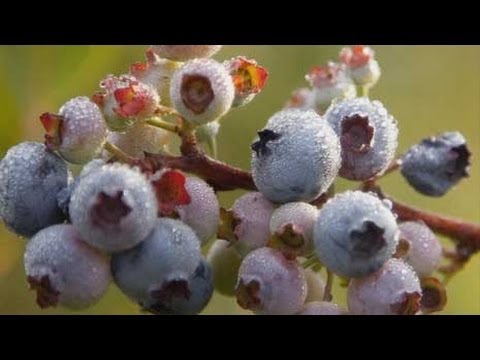Let’s be honest. Superfoods are amazing when it comes to nutrient content, complete proteins, and what they can potentially do for your health. As amazing as superfoods are, they’re incredibly expensive. Just walk down the aisles of any Whole Foods or other health conscious grocery store, and you’ll walk away with a bit of sticker shock. Luckily, it turns out that garden superfoods are pretty easy to grow in your own home. Skip the high prices and learn to grow your own superfood at home.
Plan Your Garden Superfoods Accordingly
Not every superfood is created equally. Blueberries have different soil nutrient requirements than quinoa for instance. While you can probably get away with putting everything in the same bed, we recommend utilizing some of the balcony garden ideas we’ve laid out here to create micro beds that can target specific nutrient needs. Even if you have all the space in the world, sometimes keeping your grow on the small side has extra benefits.
But why go all out right away? Start with the easiest garden superfoods first and work your way up!
Start With Kale
Just start with Kale. It’s one of the easiest to grow, is very hearty in almost all weather conditions and is among the most robust of all vegetable superfoods. Add to the fact that Kale, especially heirloom varieties, is very attractive looking, there’s reason to grow it even if you don’t like the flavor. Do yourself a favor and get some recipes that mask the flavor.
Kale grows quickly, especially in spring and fall. Baby kale leaves can be ready in as little as three weeks. Mature leaves are ready for the largest salads in six to eight weeks. In more temparate climates kale can be grown year round, but even in frosty climates, kale can often be harvested well into the winter months.
Move to Oregano
 Who doesn’t love oregano? As an herb, oregano is essentially a weed and grows like one meaning is near impossible to kill without serious, targeted effort. Oregano grows into a tall, wide bush that comes back each and every year, so it’s what’s known as a “garden anchor.” If you want to keep your garden on the small side, oregano, along with most herbs, will grow to accommodate their environment. Plant them in individual containers to keep them small, or in larger pots to have a big bushy oregano plant.
Who doesn’t love oregano? As an herb, oregano is essentially a weed and grows like one meaning is near impossible to kill without serious, targeted effort. Oregano grows into a tall, wide bush that comes back each and every year, so it’s what’s known as a “garden anchor.” If you want to keep your garden on the small side, oregano, along with most herbs, will grow to accommodate their environment. Plant them in individual containers to keep them small, or in larger pots to have a big bushy oregano plant.
Moreover, oregano is a staple of basically all food Mediterranean. Italian sauces, roasted peppers, hummus and pita are all made more robust with oregano. Oregano also has the benefit of being extremely high in antioxidants.
Most of the rules for oregano apply to other herbs as well. Growing a small herb garden is a great way to get your feet wet in growing garden superfoods.
As found on Youtube
